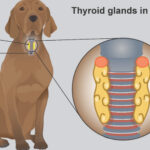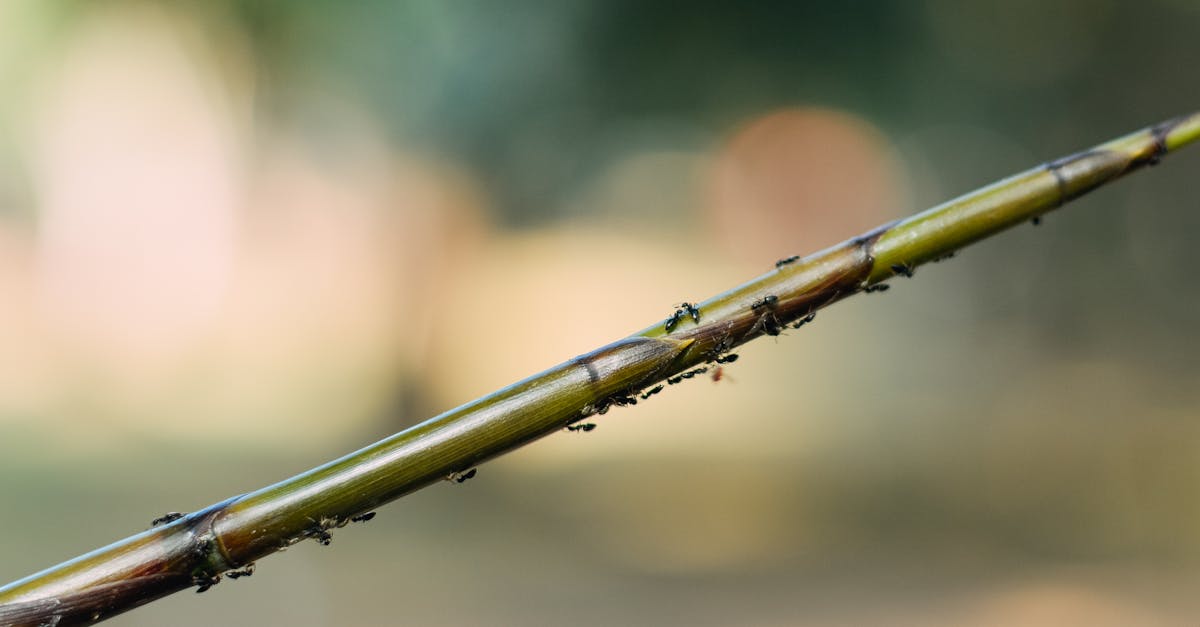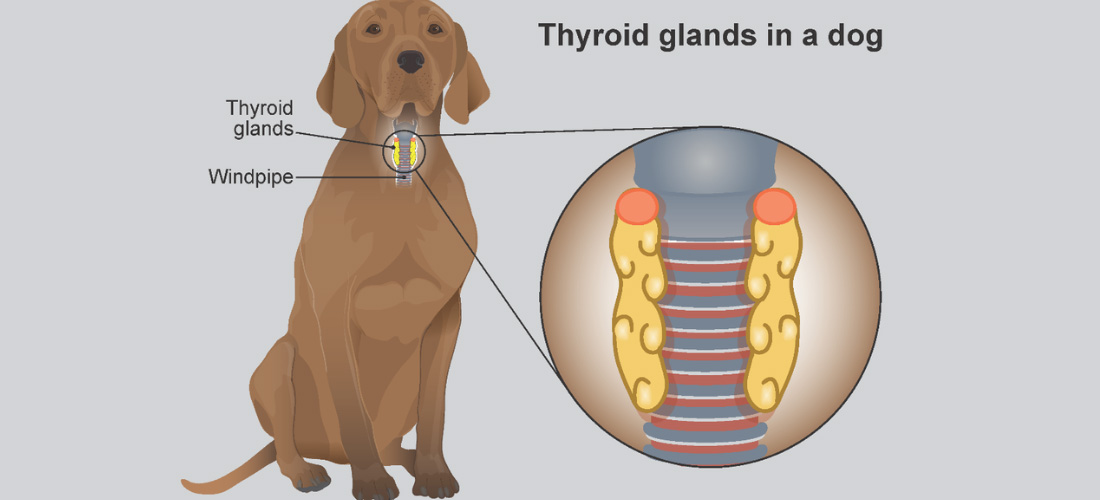When you think of superpowers, ants might not be the first creatures that come to mind. However, these tiny insects exhibit some truly astonishing abilities that could rival those of any comic book hero. One thing I’ve learned from observing these fascinating creatures is that their capabilities often go unnoticed. Let’s dive into the world of ants and uncover the incredible truth about their so-called superpowers.
The Hidden Strength of Ants
It’s no surprise that ants are renowned for their strength. But just how strong are they? Interestingly enough, an ant can carry objects up to 50 times its body weight. To put it simply, this is equivalent to a human lifting a car with ease. This phenomenal strength is due to their unique muscle structure and the leverage provided by their small size.
The Science Behind Their Strength
The reality is, ants’ muscles are thicker relative to their body size compared to larger animals. This allows them to generate more force per unit of muscle. Additionally, their exoskeletons provide a sturdy framework that supports these powerful muscles. Here’s a thought: if humans had the same muscle-to-body ratio as ants, we could perform feats of strength that would seem superhuman.
Navigational Wizards
Ants are also master navigators. They can find their way back to their nests from long distances, even in complex environments. I’ve always thought their navigation skills were akin to having a built-in GPS. But how do they do it?
The Secret to Their Navigation
The truth is, ants use a combination of pheromones, visual landmarks, and even the position of the sun to navigate. They leave a trail of pheromones as they travel, which they can follow back to their nest. Moreover, they have an impressive ability to recognize and remember landmarks. This combination of chemical and visual cues makes them incredibly efficient navigators.
Communication: The Ant Network
If you’ve ever watched ants at work, you might have noticed how they seem to communicate seamlessly. It dawned on me that their communication network is akin to a highly efficient internet system. But what’s the secret behind their communication?
The Pheromone Language
Ants communicate primarily through pheromones, which are chemical signals that convey information. There’s something to be said for the complexity of this chemical language. Different pheromones can signal various messages, such as the presence of food, danger, or the need for assistance. This sophisticated communication system allows ants to coordinate their activities with remarkable precision.
The Power of Cooperation
One time, I observed a group of ants working together to move a large piece of food. It’s funny how these tiny creatures can achieve such impressive feats through cooperation. The reality is, ants are the epitome of teamwork, and their cooperative behavior is one of their most remarkable superpowers.
The Mechanics of Teamwork
Ants work together in a highly organized manner. They divide tasks among different members of the colony, with some ants foraging for food, others caring for the young, and still others defending the nest. This division of labor ensures that the colony operates efficiently. From what I’ve seen, this level of cooperation is unparalleled in the animal kingdom.
Ants and Agriculture
You might find this helpful: ants are one of the few species that practice agriculture. Certain species of ants, known as leafcutter ants, cultivate fungi as a food source. They cut leaves and bring them back to their nests, where they use them to grow fungi. This agricultural practice is a testament to their ingenuity and adaptability.
The Agricultural Process
The leafcutter ants’ agricultural process is fascinating. They meticulously prepare the leaves and inoculate them with fungal spores. The fungi break down the leaves, providing a nutritious food source for the ants. This mutually beneficial relationship between the ants and the fungi is a prime example of symbiosis.
Ants in Medicine: Nature’s Pharmacists
Interestingly enough, ants also have a role in medicine. Some species produce antimicrobial substances that protect their nests from harmful bacteria and fungi. In my opinion, this is one of the most intriguing aspects of their biology.
The Antimicrobial Arsenal
The antimicrobial substances produced by ants are highly effective. They use these chemicals to sterilize their nests and protect their young from infections. This natural form of pest control is a testament to their evolutionary ingenuity. Researchers are studying these substances for potential applications in human medicine, highlighting the valuable contributions of ants to science.
The Resilience of Ant Colonies
What I’ve noticed is that ant colonies are incredibly resilient. They can adapt to changing environments and recover from disasters that would devastate other species. This resilience is due to their complex social structure and ability to work together.
Adaptation and Recovery
Ants have evolved various strategies to cope with environmental challenges. For instance, some species can relocate their nests if their current location becomes unsuitable. They also have mechanisms to deal with intruders and predators, ensuring the survival of the colony. This adaptability is a key factor in their success as a species.
What Can We Learn from Ants?
Now that I think about it, there are many lessons we can learn from ants. Their strength, navigation skills, communication, cooperation, agricultural practices, and resilience offer valuable insights into problem-solving and teamwork. Here’s a funny thing: the next time you face a challenge, consider how an ant would tackle it.
Applying Ant Wisdom to Human Challenges
- Strength and Perseverance: Just like ants, we can achieve great things by leveraging our strengths and persevering through challenges.
- Effective Communication: Clear and efficient communication is crucial for teamwork and success.
- Cooperation: Working together and dividing tasks can lead to more efficient and effective outcomes.
- Adaptability: Being adaptable and resilient in the face of change is essential for long-term success.
The Incredible World of Ants
I guess you could say that ants do have superpowers. Their remarkable abilities in strength, navigation, communication, cooperation, agriculture, and resilience make them truly extraordinary creatures. The next time you see an ant, take a moment to appreciate the incredible capabilities of these tiny yet mighty insects. You won’t believe how much we can learn from them.
Take Action: Embrace the Ant Mindset
Let me tell you, embracing the ant mindset can lead to significant improvements in various aspects of life. Whether it’s in personal development, teamwork, or problem-solving, the lessons we learn from ants can be incredibly valuable. So, the next time you face a challenge, remember the incredible truth about ants and harness their superpowers to achieve your goals.
Now you know the incredible truth about ants and their superpowers. From their strength and navigation skills to their communication and cooperation, ants are truly remarkable creatures. By understanding and applying the lessons we learn from ants, we can enhance our own abilities and achieve greater success in our lives.
















